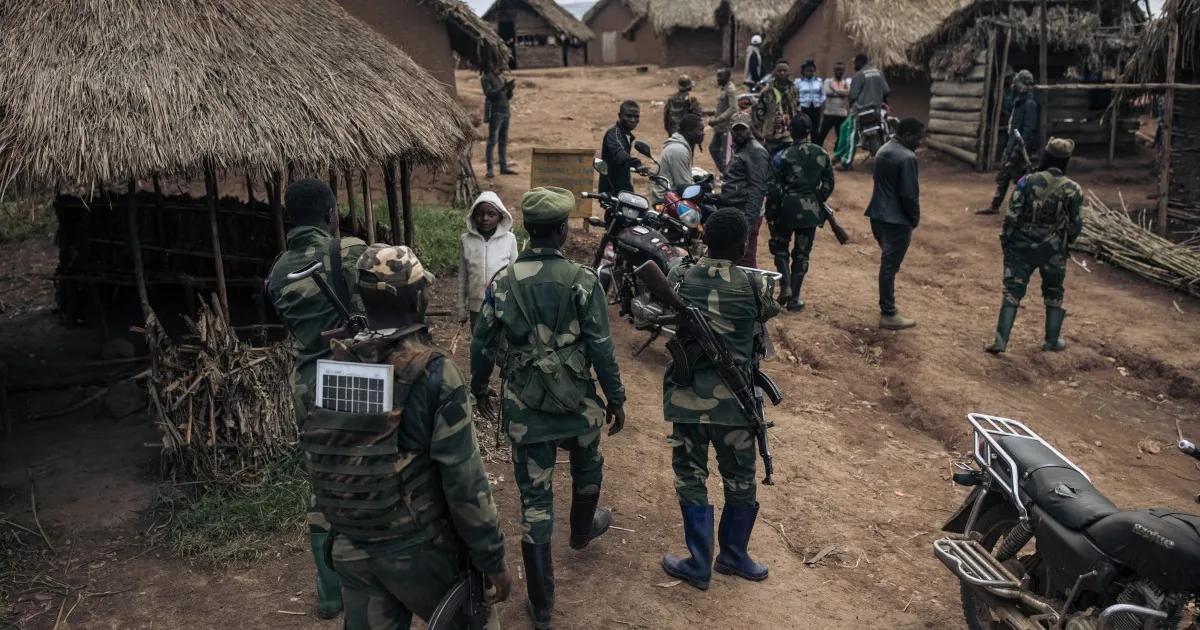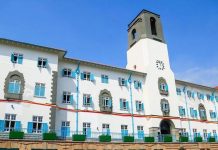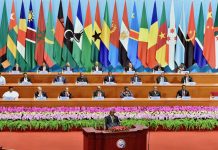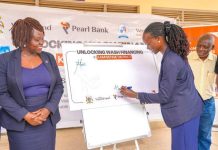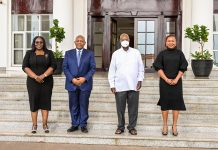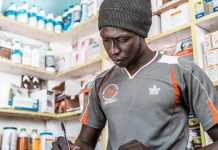Faridah N Kulumba
Africa-Press – Uganda. The recent United Nations (UN) report stands firm that the Ugandan army has provided support to the March 23 Movement (M23) rebel group operating in the eastern Democratic Republic of the Congo (DRC), as clashes escalate in the mineral-rich region. In June of this year, the government of Uganda denied rendering support to the deadly M23 rebels in the eastern DRC even after the U.N provided evidence pinning the country. Authorities in Uganda denied involvement, saying it is cooperating closely with the Congolese government forces. The U.N. has long accused Rwanda of backing the M23, which has repeatedly seized large parts of mineral-rich eastern Congo, allegations Rwanda denied.
U. N’s evidence pinning Uganda
According to the U.N. Security Council’s Group of Experts, the report, which was sent to the U.N. Security Council Sanctions Committee at the end of April and then to members of the Security Council in June showed that since the resurgence of the M23 crisis, Uganda has not prevented the presence of M23 and Rwanda Defence Forces (RDF) troops on its territory or passage through it. The U.N. group also revealed that it had obtained evidence confirming active support for M23 by officials from the military and military intelligence, with M23 leaders, including the sanctioned Sultani Makenga, traveling to Uganda for meetings. The previous UN-authorised investigators report said that Uganda’s military, the Uganda People’s Defence Forces (UPDF), directly and through its intelligence arm, the Defence Intelligence and Security (DIS), actively supports M23 and Alliance Fleuve Congo (AFC) rebel bands in the eastern DR Congo. The U.N is not the only one accusing Uganda of backing the M23, in February of this year, the Spokesperson of the Wazalendo Jules Mulumba released a statement on X formerly Twitter accusing UPDF soldiers of fighting alongside M23 rebels to capture Sake town in North Kivu Province. Mulumba also posted some pictures of UPDF armoured vehicles claiming that they are near Sake.
Rwanda’s involvement in DR Congo crisis
The recent U. N’s. experts report also said that some 3,000-4,000 Rwandan soldiers were fighting the Congolese army alongside the M23. The Rwandan army’s “de facto control and direction over M23 operations also renders Rwanda liable for the actions of M23. In response, Rwanda said Congo was financing and fighting alongside a Hutu rebel group, the Democratic Forces for the Liberation of Rwanda (FDLR), that has attacked Tutsis in both countries. The Tutsi-led M23 rebels have been waging a fresh insurgency in Congo’s militia-plagued east since 2022. The government spokesperson of Rwanda Yolande Makolo added that the DR Congo has all the power to deescalate the situation if they want to, but until then Rwanda will continue to defend itself. Wazalendo also accused the Ugandan army of its artillery being in full manoeuvre in support of the president of Rwanda Paul Kagame. The government of DR Congo has also long accused neighbouring Rwanda of supporting the M23 rebels. The United Nations also blames Kigali for funding, training, and equipping the M23 rebels.
Crashes in DR Congo
DR Congo has been riven by conflict for decades. Uganda and Rwanda invaded in 1996 and 1998 for what they said was a defence against local militia groups. Uganda is still conducting joint operations with Congolese troops against a rebel Ugandan group. More than 120 armed groups are operating across large swathes of eastern Congo, including M23 rebels, which the government of DR Congo has repeatedly accused Rwanda of supporting, but Rwanda denied the accusations. Ugandan troops were part of a regional force deployed in November 2022 to monitor a ceasefire with the M23. Congolese authorities called for the force to withdraw last year, saying it was ineffective. In November 2021 Ugandan President H.E Yoweri Kaguta Museveni with his DR Congo counterpart Felix-Antoine Tshisekedi launched a joint operation against the Allied Democratic Forces (ADF) rebels in DR Congo. Eastern Congo already hosts hundreds of Ugandan troops, deployed under a separate bilateral arrangement to help hunt down the Islamic State-allied group bases in the forests of eastern Congo.
Uganda strongly denies accusations
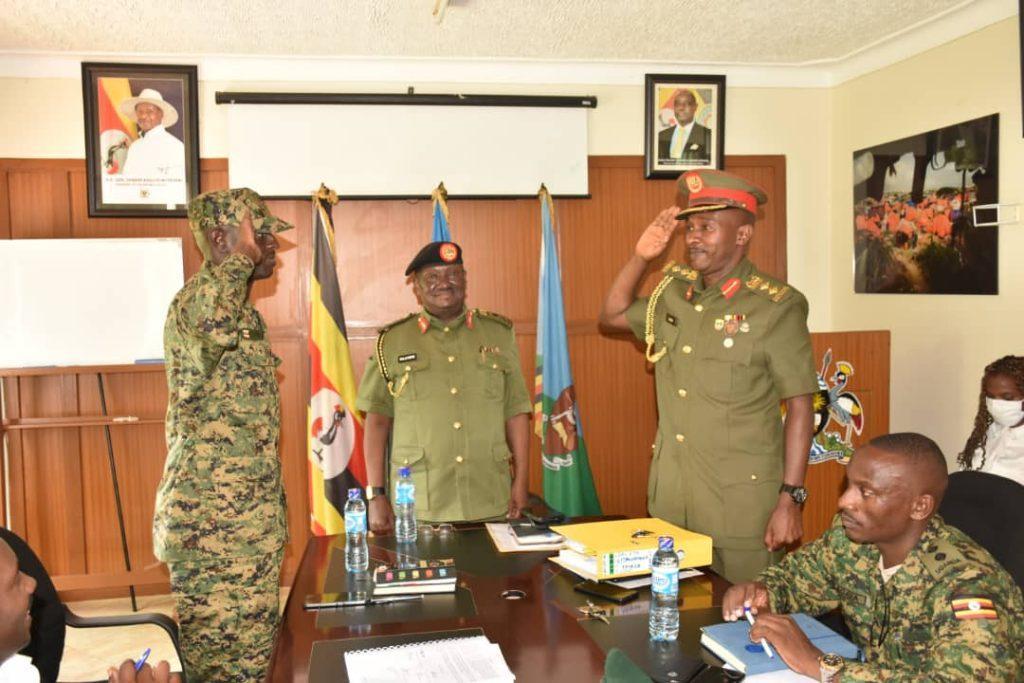
The deputy spokesman for Uganda’s armed forces, Deo Akiiki, denied the U. N’s accusations saying that such reports falsely accuse the East African country’s army when its relationship with the Congolese forces (FARDC) is at its best. Akiiki added that it would be mad for Uganda to destabilise the same area Uganda has worked hard to stabilize. Also in June, authorities in the Ugandan government dismissed the then U.N reports alleging UPDF involvement in destabilizing activities in DR Congo calling the allegations baseless and biased. Col Akiiki asserted that the UPDF has been working closely with the Congolese Forces (FARDC) to combat negative forces like the ADF to pursue peace in the region. The renewed fighting in eastern DR Congo came two days after a United States-brokered truce plan fell through. The truce was aimed to ease hostilities, allow for the voluntary return of displaced people, and provide humanitarian access to vulnerable people.
For More News And Analysis About Uganda Follow Africa-Press

